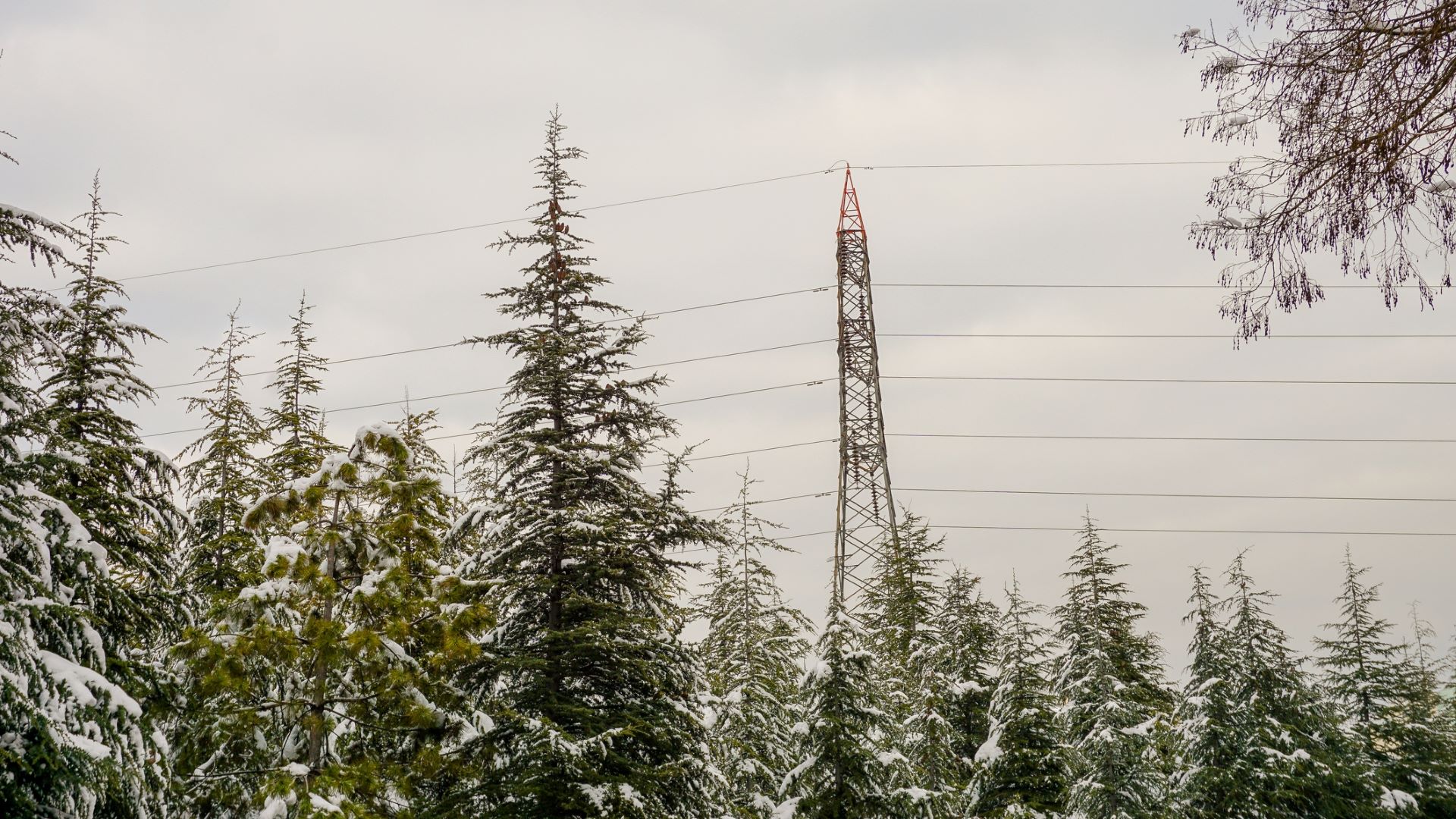Editor’s Note: The following story first appeared in The Maine Monitor’s free environmental newsletter, Climate Monitor, that is delivered to inboxes for every Friday morning. Sign up for the free newsletter to get important environmental news by registering at this link.
A new report from a national power grid watchdog hones in on New England as a hotspot for potential reliability woes if the coming winter turns extreme.
The North American Electric Reliability Corporation, or NERC, warned that limited fuel supplies and other challenges in the Northeast, South and Midwest could spell disruption in the event of an extended cold snap. One official called the situation the report describes “unprecedented,” according to Utility Dive.
We’ve heard these warnings before — from our region’s grid operator ISO-New England (ISO-NE), and from utilities and energy companies. The energy crisis in Texas amid a historic deep freeze early last year prompted a paradigm shift, regulators said at the time. “What happened in Texas changed everything,” ISO-NE CEO Gordon van Welie said on a press call around this time last year.
These dire warnings did not come true last winter, but the geopolitical situation is very different this year. Fossil fuel markets worldwide have been unsettled by the Russian invasion of Ukraine, creating particularly vulnerable conditions in parts of the U.S. like New England. Here, natural gas is the largest fuel source for the electric grid and a growing number of homes (less so in Maine, which mostly uses oil), but pipeline and distribution capacity remains limited. And long spells of exceptional cold are always possible.
“While New England expects to have sufficient energy during a mild or moderate winter, reliability risk is elevated during a period of extended extreme cold conditions,” says the NERC report. “Oil reserves are below normal levels. During extreme cold, switching fuel types is not always successful.”
There’s perennial debate in this arena about whether renewable energy helps or hurts reliability during extreme weather. The very good news is this: Wind, sun and to some extent water are in free and endless supply, not subject to the geopolitical pressures of oil, coal and gas. And the distributed, localized, flexible systems that increasingly connect these renewable resources to the grid have been shown to help improve resiliency during extreme weather, per a Dartmouth study I covered for New Hampshire Public Radio last year.
More utility-scale energy storage will be a further game-changer in the coming years — but for now, power from the wind and sun must be used essentially at the same time as it’s generated, limiting its impact as a back-up to scant fossil fuel supplies. Hydropower is a little different, as dams can and do open or close at different times of day depending on demand. This may be one reason van Welie, the ISO-NE CEO, said at this time last year that new resources like the stalled CMP corridor power line to Hydro-Quebec dams would ease his mind.
It’s interesting to look back at that story I wrote for Spectrum News Maine about van Welie’s comments in December 2021. So much of the narrative was the same as this year’s, months before the start of war in Ukraine, before sky-high inflation, et cetera. We now know that we did not see a cold snap last year that would have forced New England to tap into oil reserves, call for energy conservation measures or even impose the ever-feared rolling blackouts.
The forecast for this winter, like last, is milder than usual — in line with the warming trends of climate change, driven by this same fossil fuel use. But our warming climate is also more volatile, prone to new extremes in both hot and cold directions, as Texas saw in its frozen-grid catastrophe last year.
This is the paradox at work when we debate how to shore up our power grid for weather that is growing increasingly unpredictable due to the planet-warming fuels we use to run that same grid. Talking about the NERC report at an industry conference, one official said it raised concerns about the pace of coal plant retirements in some states, and underscored the need for “dispatchable and flexible resources” like natural gas, Utility Dive also reported.
But in New England, reliance on oil and gas is one of the big problems this year. And the last time regulators’ cold snap fears came true — in January 2018 — we nearly burned through our reserves of oil. Seared into my mind is a statistic I heard at a utilities conference some months later, which suggested the emissions from that emergency use of oil (and coal) canceled out much of the climate benefits of all the solar installed in Massachusetts for that year.
This winter, with more uncertainty than ever — but more renewables online than ever, too — we can only keep an eye on the forecast to know what kind of climate and energy trade-offs may be coming down the pipe.
To read the full edition of this newsletter, see Climate Monitor: Dire warnings about winter power grid reliability.
Reach Annie Ropeik with story ideas at: moc.l1751318094iamg@1751318094kiepo1751318094ra1751318094.








